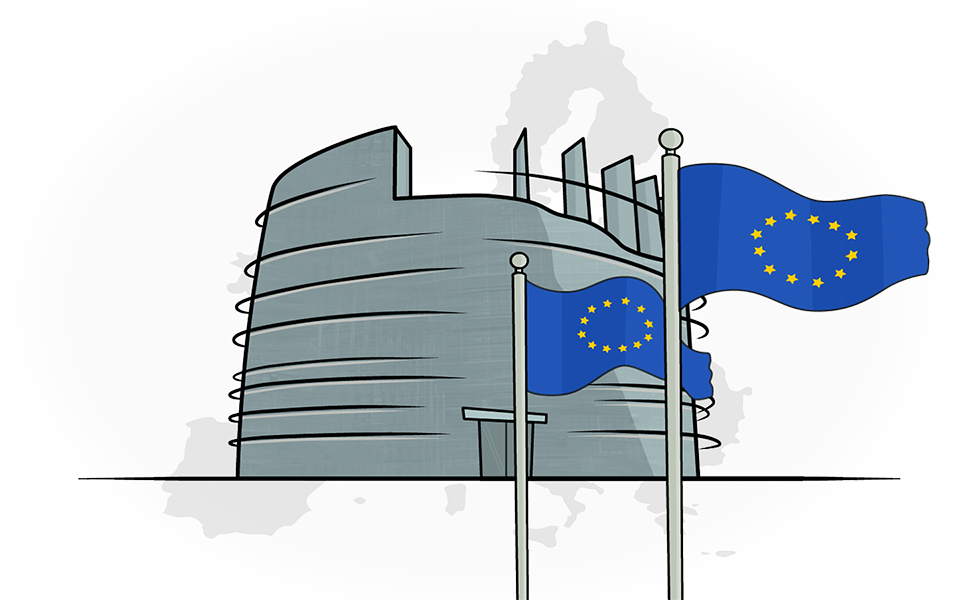Are clinical trials safe?
What are the benefits and risks of clinical trials?
How am I protected during a clinical trial?
- Protocol approval
- Informed consent
- Privacy
ARE CLINICAL TRIALS SAFE?
Effectiveness and safety are the two keywords when researchers test any treatment on humans or investigate what works better among different possible choices.
Any clinical trial protocol – the detailed explanation of the study design – must be approved by people not linked to the research team and must be strictly followed during the study. Researchers have to periodically report the results whilst the study is still recruiting and must interrupt it if a significant benefit is shown in one of the comparison groups.
Since bad things have happened in the past – when unsafe and unethical experiments were conducted often on very vulnerable patients – clinical research is now strictly regulated by ethical and legal codes, designed to protect volunteers enrolling in clinical trials.
What are the benefits and risks of clinical trials?
If you decide to enroll in a clinical trial, make sure you understand clearly what the expected benefits and risks are.
BENEFITS:
- You might be gaining access to new medical treatments, usually getting more attention from the doctors of the research team than you will probably have without being in a clinical trial.
- You will be able to play a more active role in your own healthcare and help other patients by contributing to medical research progress…
RISK:
- You might not experience the hoped improvements.
- If you are enrolled in a randomized clinical trial, you cannot chose which treatment you will be given.
- You might spend a lot of time on visits, examination, hospital stays, etc
- You might be exposed to previously unrecognisized risks, since treatment has not been widely tested yet and its adverse effects remain to be discovered.
How am i protected during clinical trials?
If you decide to volunteer to partecipate in a clinical trial you are protected by the law and ethical codes that govern medical practice in your country. Before that, however, your protection is ensured in several steps:
- Protocol approval: a clinical trial cannot start recruiting patients if its protocol has not been approved by an Ethics Review Board approval must be reported in the informed consent document (see below), made up of scientists, health professionals (doctors, nurses, etc…) and lay people like yourself who have no link with the research team applying for the approval, they guarantee that the study has been properly designed in the respect of the participants. If you take part in a clinical trial, you can contact the IRB directly with any questions or concerns about safety. (Watch the film by ECRAN)
- Informed consent: before you decide wheter or not to enroll, you will be given information about the trial details in writing. You need to read them carefully and ask for explanations, not only to the research team but also to an independent doctor – yours or another one – in order to understand the potential benefits and risks. Familiarity with the protocol of the study allows you to know “what is going to happen next”. You sign the informed consent from and expect the researchers to faithfully follow it and can contact the IRB if you have any concern about it.
- Privacy: your details will remain secret and cannot be mentioned in the clinical trial reports.
- Insurance: the clinical trial’s sponsor must provide patient insurance in case of adverse events.







